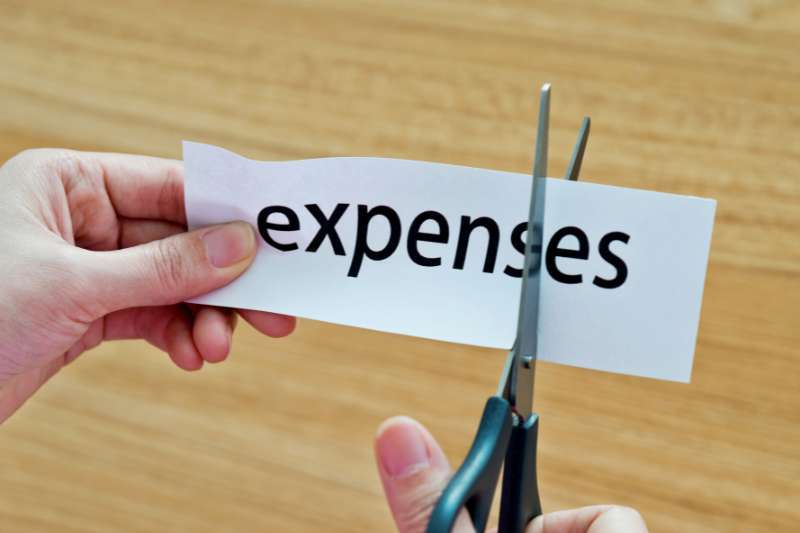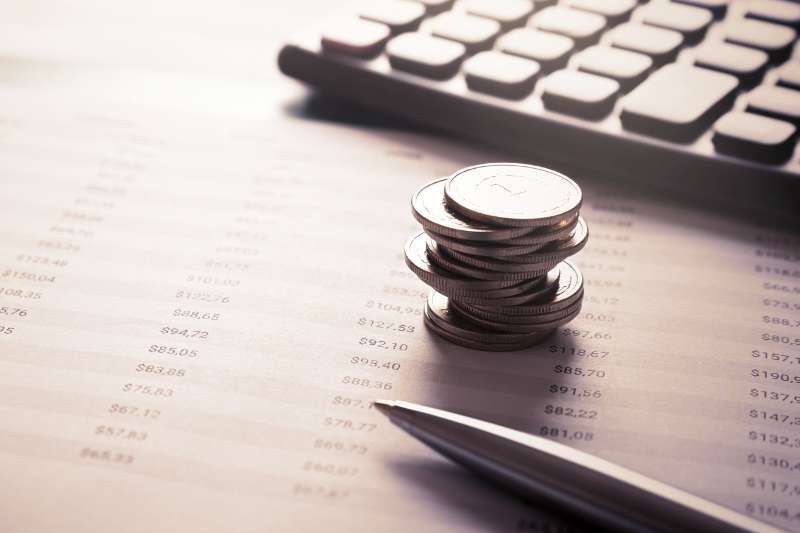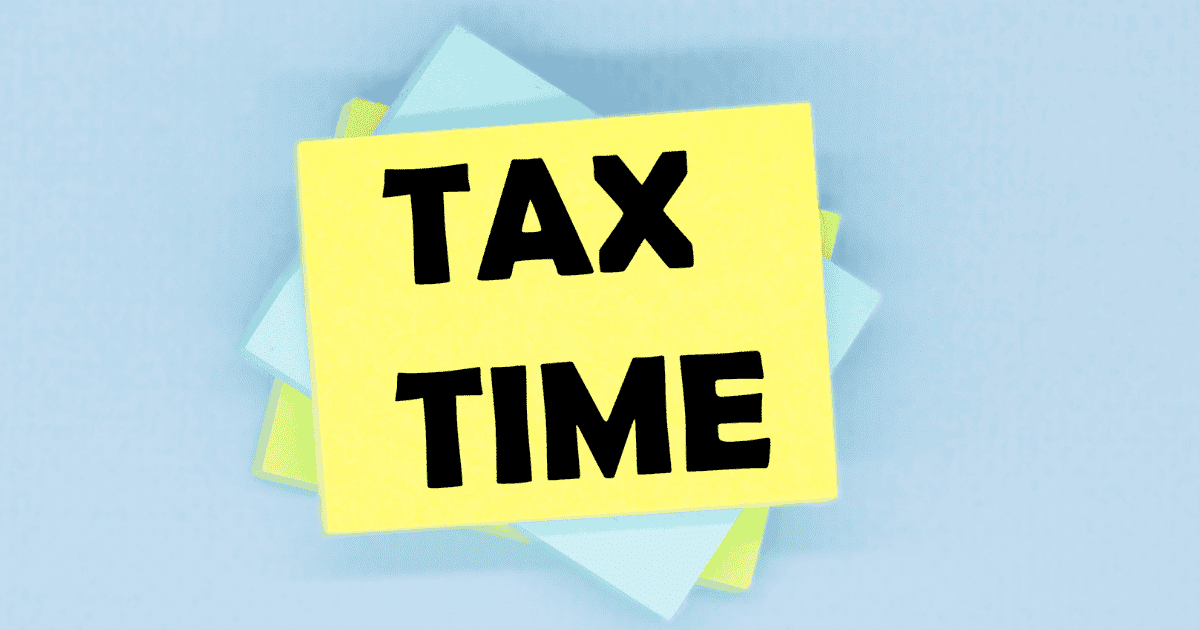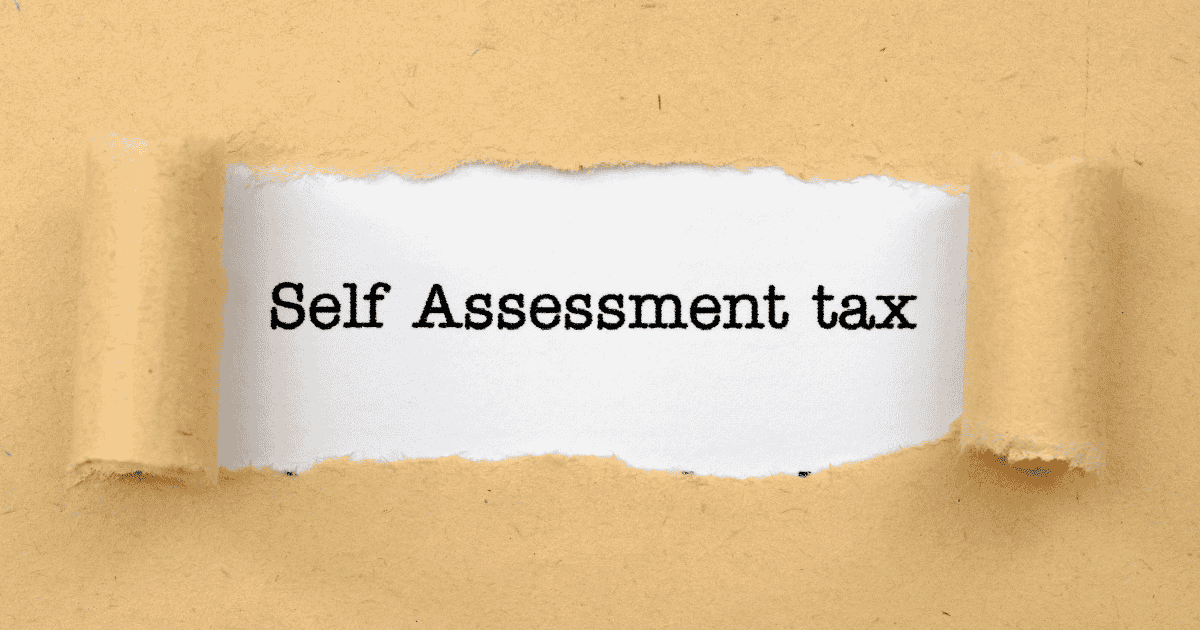Navigating the UK tax system can feel overwhelming, especially when juggling multiple terms and identifiers. Among the most common sources of confusion are the PAYE Reference Number and the Unique Taxpayer Reference (UTR).
While both are crucial, they serve entirely different purposes and apply to different scenarios. This guide breaks down what each identifier means, its roles, and how it impacts individuals and businesses in the UK, including VAT registration numbers.
What Is a PAYE Reference Number?
A PAYE (Pay As You Earn) Reference Number is a unique code issued to employers by HM Revenue and Customs (HMRC). It’s essential for managing payroll and ensuring that employees’ tax and National Insurance contributions are correctly deducted and reported on their payslip.
Who Needs a PAYE Tax Reference Number?
- Employers: If you’re running a business and employing staff, you’ll need a PAYE Reference Number to register as an employer with HMRC.
- Employees: While employees don’t need to apply for this number, it’s useful to understand it since it appears on payslips and tax documents.
Format of a PAYE Reference Number
A PAYE Reference Number typically consists of three parts:
- Tax Office Number: A three-digit code identifying your HMRC office.
- Employer Reference: A unique identifier specific to your business.
- Suffix: In some cases, there might be additional characters for sub-divisions, such as letters and numbers.
eg. PAYE Reference Number might look like this, a combination of letters and numbers: 123/AB45678
Where to Find Your PAYE Reference Number?
- Employer’s welcome pack from HMRC after registration
- Correspondence from HMRC, such as tax notifications
- Payslips and P60 forms for employees
What Is a Unique Taxpayer Reference (UTR)?
A UTR is a 10-digit number assigned to individuals and businesses when they register for self-assessment with HMRC. It’s a key identifier for those who need to report income, profits, and expenses outside the PAYE system.
Who Needs a UTR Number?
- Self-employed individuals: Freelancers, sole traders, and contractors.
- Company directors: Required for filing personal tax returns.
- Landlords: Those earning rental income above the annual allowance.
- Partnerships: Each partner and the partnership it self will have separate UTRs.
Format of a UTR
A UTR is always a 10-digit number, sometimes followed by a letter, like an identification number for tax purposes: 1234567890K
Where to Find Your UTR
- HMRC correspondence, such as the registration confirmation letter
- Your online personal tax account with HMRC.
- Previous self-assessment tax returns
PAYE vs UTR Key Differences
Although both numbers are issued by HMRC, their roles and applications differ significantly.
PAYE Reference Number
- Purpose: Payroll management and employee tax reporting
- Who uses it: Employers and HMRC must ensure that all tax records are accurate and up to date.
- Format: Combination of digits and letters
- Where to find: HMRC employer documents
Unique Tax Reference Number
- Purpose: Self-assessment and income tax filing
- Who uses it: Individuals and businesses
- Format: 10-digit number
- Where to find: HMRC self-assessment documents
Importance of Employer PAYE Reference Numbers
For employers, the PAYE Reference Number is essential to:
- Submit payroll information to HMRC
- Ensure employees’ tax deductions are accurate
- Stay compliant with UK tax laws and avoid penalties
Importance of UTR Numbers
For individuals and businesses, the UTR ensures:
- Accurate tax returns and reporting
- Easy identification in HMRC’s systems is facilitated by having a UTR and an employer reference number
- Avoidance of fines for late or incomplete filings
Both identifiers play vital roles in maintaining a smooth tax process, so it’s crucial to use them correctly.
How to Register for a PAYE Reference Number?
- Set up as an employer: Visit the HMRC website and register as an employer. You’ll need details about your business, such as its trading name and address.
- Receive your reference: HMRC will issue your PAYE Reference Number within five working days, which is a different reference from your national insurance number.
- Start payroll: Use the number to report employee earnings and deductions.
How to Register for a UTR Reference Number?
- Register for self-assessment: Visit HMRC’s self-assessment page and complete the online form.
- Provide accurate details: Include your name, address, date of birth, and business information if applicable.
- Wait for confirmation: HMRC will send your UTR by post within 10 working days.
Tips for Managing Your PAYE Reference and UTR
- Keep your details secure: Store your PAYE Reference and UTR in a safe place to avoid unauthorized access.
- Update HMRC with changes: Notify HMRC immediately if there are changes to your business or personal details.
- Use reliable software: Opt for HMRC-approved payroll and accounting software to ensure compliance and accuracy.
- Set reminders for deadlines: Missing deadlines for payroll submissions or self-assessment returns can result in penalties, affecting your tax account.
- Seek professional advice: If you’re unsure about tax obligations, consult a qualified accountant or tax advisor.
Common Mistakes of PAYE Reference Numbers
- Using the wrong reference: Always double-check the reference you’re using in payroll submissions.
- Delays in registration: Register as an employer as soon as you hire staff to avoid fines.
Common Mistakes fo Unique Tax Reference
- Misplacing the UTR: Losing your UTR can delay tax filings. Keep a digital and physical copy.
- Failing to register on time: Register for self-assessment well before the deadline to avoid last-minute stress.
PAYE Reference Number Example
- Imagine you’ve started a small business and hired your first employee.
- To pay them and report taxes, you’ll need a PAYE Reference Number.
- Without it, HMRC won’t recognize your payroll submissions, leading to potential penalties.
UTR Number Example
- You’re a freelance graphic designer earning income from multiple clients.
- To report your earnings, and expenses, and pay the correct amount of tax, you’ll need a UTR for self-assessment.
Company Tax Office Reference Number Questionnarie
DO I HAVE A UTR IF I AM ON PAYE?
No, you typically do not have a UTR if you are on PAYE (Pay As You Earn) unless you are also registered for self-assessment. A UTR is only issued to individuals or entities that need to file self-assessment tax returns, such as self-employed individuals, landlords, or company directors who may also need to file a company tax return.
IS PAYE NUMBER THE SAME AS TAX CODE?
No, a PAYE Reference Number is different from a tax code, and both serve distinct purposes in tax affairs, including tax refunds and managing tax records.
- PAYE Reference Number: Identifies the employer’s payroll scheme with HMRC.
- Tax Code: Determines the amount of tax-free income an employee is entitled to before taxes are deducted. For example, a common tax code is 1257L.
DOES PAYE COUNT AS SELF-EMPLOYED?
No, PAYE does not count as self-employed. PAYE is a system used by employers to deduct income tax and National Insurance contributions from employees’ wages. Self-employed individuals are responsible for managing their own tax and National Insurance through self-assessment.
DO I HAVE AN UTR NUMBER IF I’M EMPLOYED?
If you are only employed and paid through the PAYE system, you will not have a UTR. A UTR is issued for individuals or businesses that file self-assessment tax returns. However, if you have additional income that requires self-assessment, you would need to register for one.
DO I NEED TO DO A TAX RETURN IF I AM ON PAYE?
Not necessarily. If you are employed and your income is fully taxed through PAYE, you generally do not need to file a tax return. However, you might need to file one if:
- You have additional untaxed income (e.g., rental income, freelance work).
- You earn over £100,000 annually.
- You claim certain tax reliefs or allowances.
- HMRC specifically requests a tax return.
DOES EVERYONE HAVE AN UTR IN THE UK?
No, not everyone in the UK has a UTR. A UTR is only issued to individuals or businesses registered for self-assessment with HMRC. If you are employed under PAYE and have no other tax obligations, you will not have or need a UTR, and your national insurance number will suffice.
Conclusion
Understanding the differences between PAYE Reference Numbers and UTRs is essential for navigating the UK tax system. While the PAYE Reference Number is vital for employers managing payroll, the UTR is crucial for individuals and businesses filing self-assessment tax returns.
By keeping these numbers secure, staying compliant, and seeking professional advice when needed, you can simplify your tax responsibilities and avoid unnecessary complications.
If you’re ever unsure, reach out to HMRC or consult a trusted tax professional. Staying informed is the first step towards stress-free tax management, especially regarding your tax affairs.


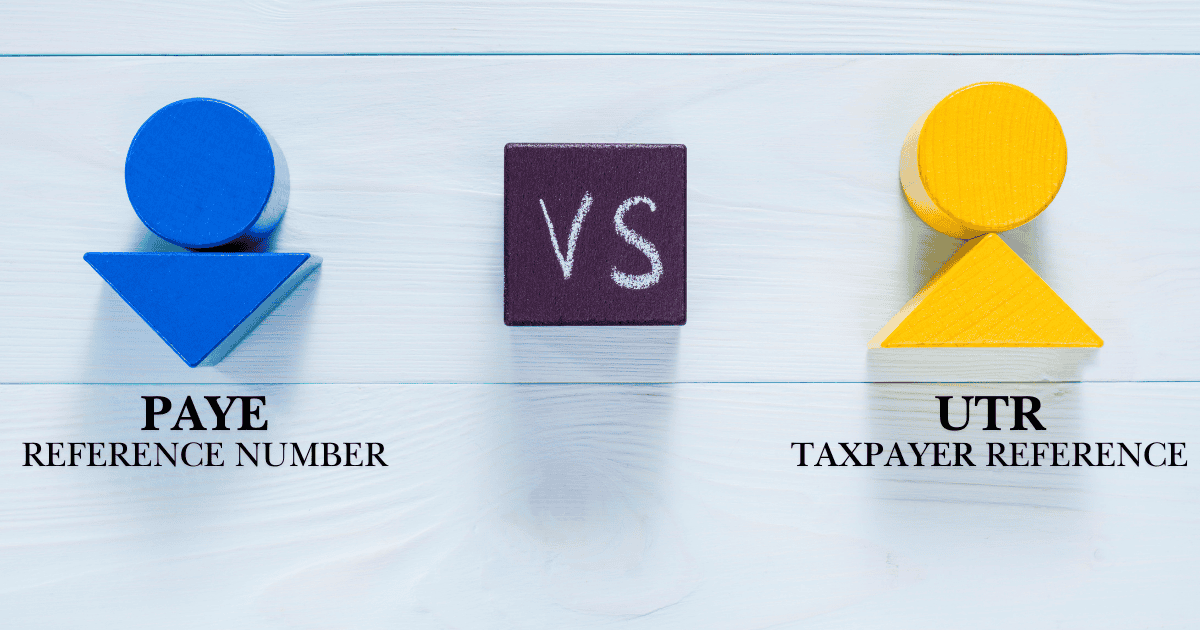
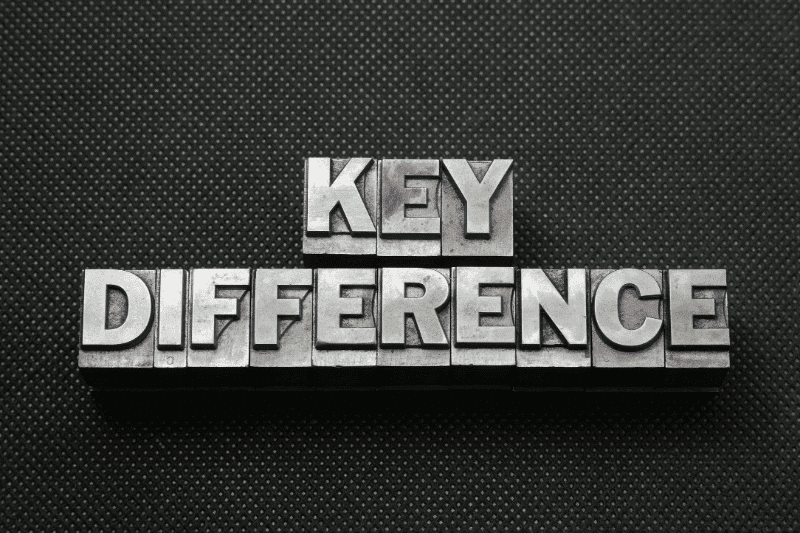
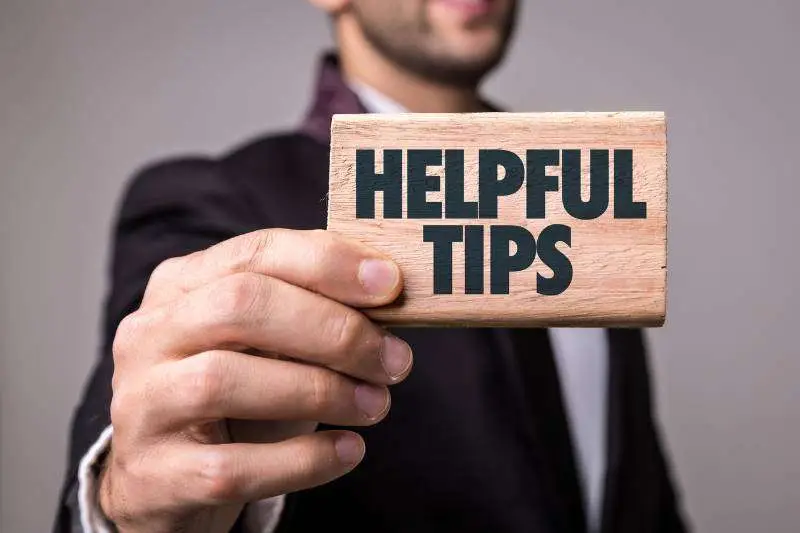
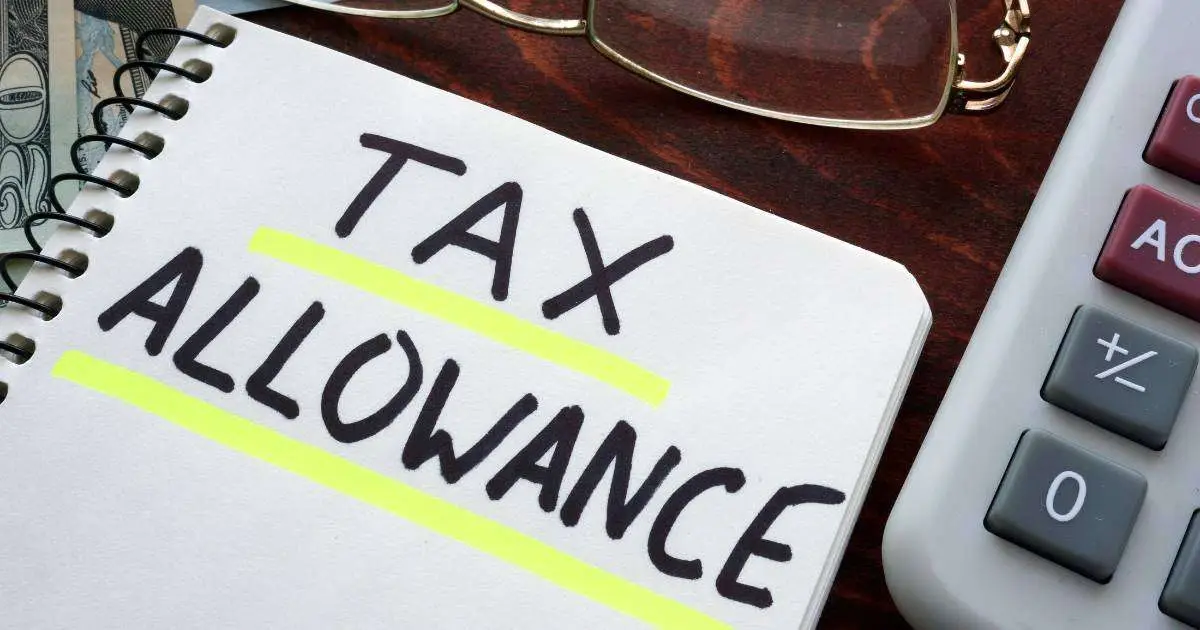
 Corporation Tax Allowances
Corporation Tax Allowances